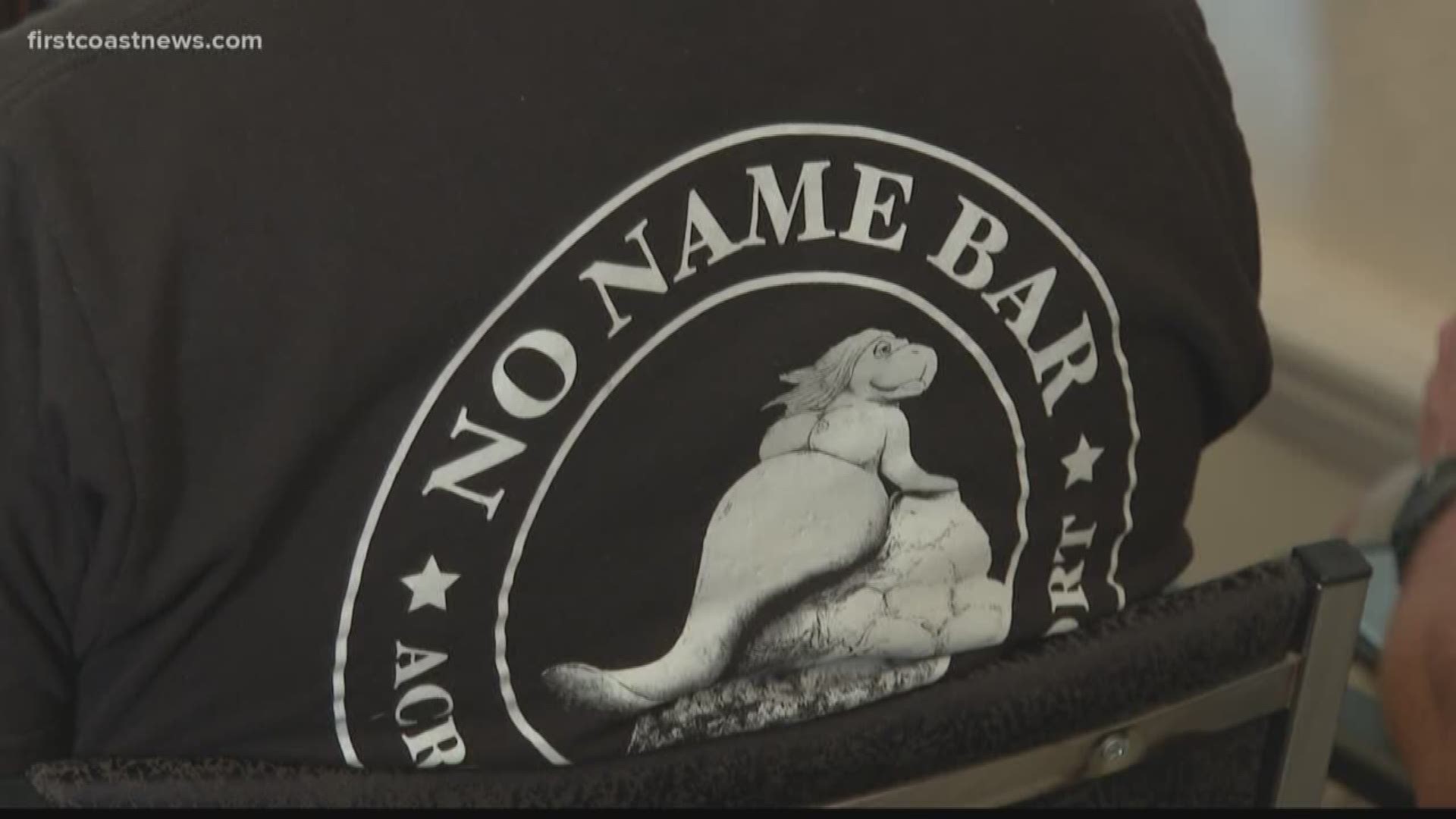ST. AUGUSTINE, Fla. — It's been around more than 450 years now, but it’s the last few years that has the nation’s oldest city struggling to keep pace with its popularity.
“Twenty years ago, the streets rolled up at 5 o’clock,” city manager John Regan recalled, “so it’s a different city, and so we need to adjust to that.”
Regan was speaking with First Coast News Wednesday ahead of a town hall-style meeting where business owners and citizens exchanged questions and ideas about improving safety and cleanliness as the city’s nightlife grows.
It was the third and final such forum before the city begins crafting legislation regarding specific measures.
“We are going to be continually improving the lighting of downtown and other urban design issues," Regan said. "We have added more police officers to the downtown area.”
Although Wednesday’s meeting was an information gathering session, the city has announced the aforementioned goals to enhance public safety, along with methods to improve cleanliness - especially downtown - in a strategic plan adopted in February.
It’s a plan that increases police personnel in the most tourist-popular -- and residential -- downtown area bordered by the St. Augustine Inlet to the east, the San Sebastián River to the west, extending from the Castillo de San Marcos to the southern extreme of Lincolnville.
Regan went on to say the plan includes quadrupling the frequency of street washing in such heavily trafficked areas as St. George Street and extending garbage pickup from public bins to 2a.m. from the previous 11 p.m. cutoff.
The problem of overflowing public trash cans has been a bone of contention for residents, especially during tourist-intensive times such as the immensely popular Night Of Lights celebration, which runs from November until February.
“Trash cans overflowing really bother us," Regan said. "We don’t want that."
The plan also includes improved lighting in areas that are currently dimly lit at night. The plan even includes the creation of a lighted ride share depot where late-night revelers can safely await rides from providers like Uber and Lyft.
“The city has changed," Regan said. “The number of bars, the number of people, and we haven’t changed with that.”
The overall plan to make that change, he said, will initially cost about $280,000.
“It will be partially offset by the fee schedule associated with the permitting,” he added, referring to a plan that will require establishments that wish to serve alcohol after either 11 p.m. or midnight to apply for a fee-based permit.
At the meeting, Regan said the initial $280,000 has already been funded by taxes and other revenues, and incorporated in a balanced budget.
That irked some taxpayers, including B.J. Kalaidi, a resident of nearly 50 years.
“If [restaurants and bars] want to go from 12 to 2 [a.m.] ... as responsible business people they should assume that responsibility,” Kalaidi asserted, “because they know too that there’s a lot of things happening and we don’t have enough police.”
But with stated anticipation of about 60 businesses applying for such permits, the projected cost per establishment would be about $4,700 per year, assuming that residential taxpayers don’t share the burden.
“I don’t think that any bar in this area, or restaurant, is not going to apply for the extended hours,” Jim Wilson, owner of the Pub on Anastasia, said. “I mean, it is a do-or-die situation for most of us.”
One question that arose from bar owners was whether such items as permit fees, last call times and noise ordinances would be uniform among businesses under the plan. Regan said all such items would be equally applicable throughout the city.
No one at the meeting expressed disagreement about the need for improvements. Wilson acknowledges that popularity has its price.
“It would hurt,” Wilson said of incurring a new line item expense of nearly $5,000 per year. “There’s no doubt that would make me cringe, but we would have to do what we have to do.”
Regan said most of the measure will be implemented and conspicuous in time for this year’s Nights Of Lights, but that the process of finalizing the permitting process for businesses serving alcohol until 2 a.m. will likely not be complete and implemented until 2020.
To see the slide presentation that the city as used to detail the plan, click here.

